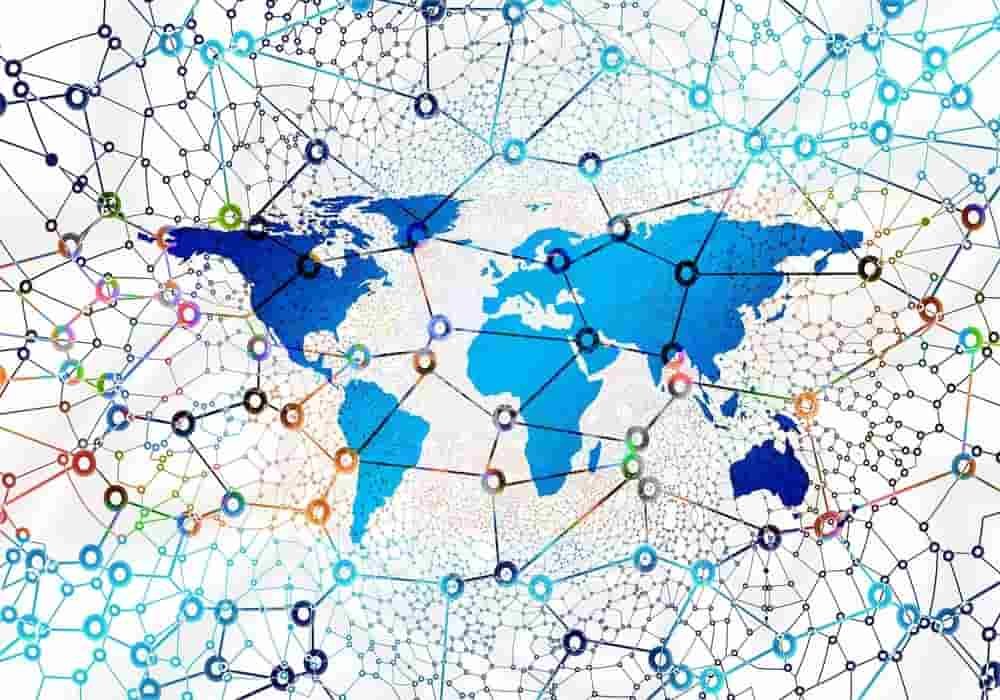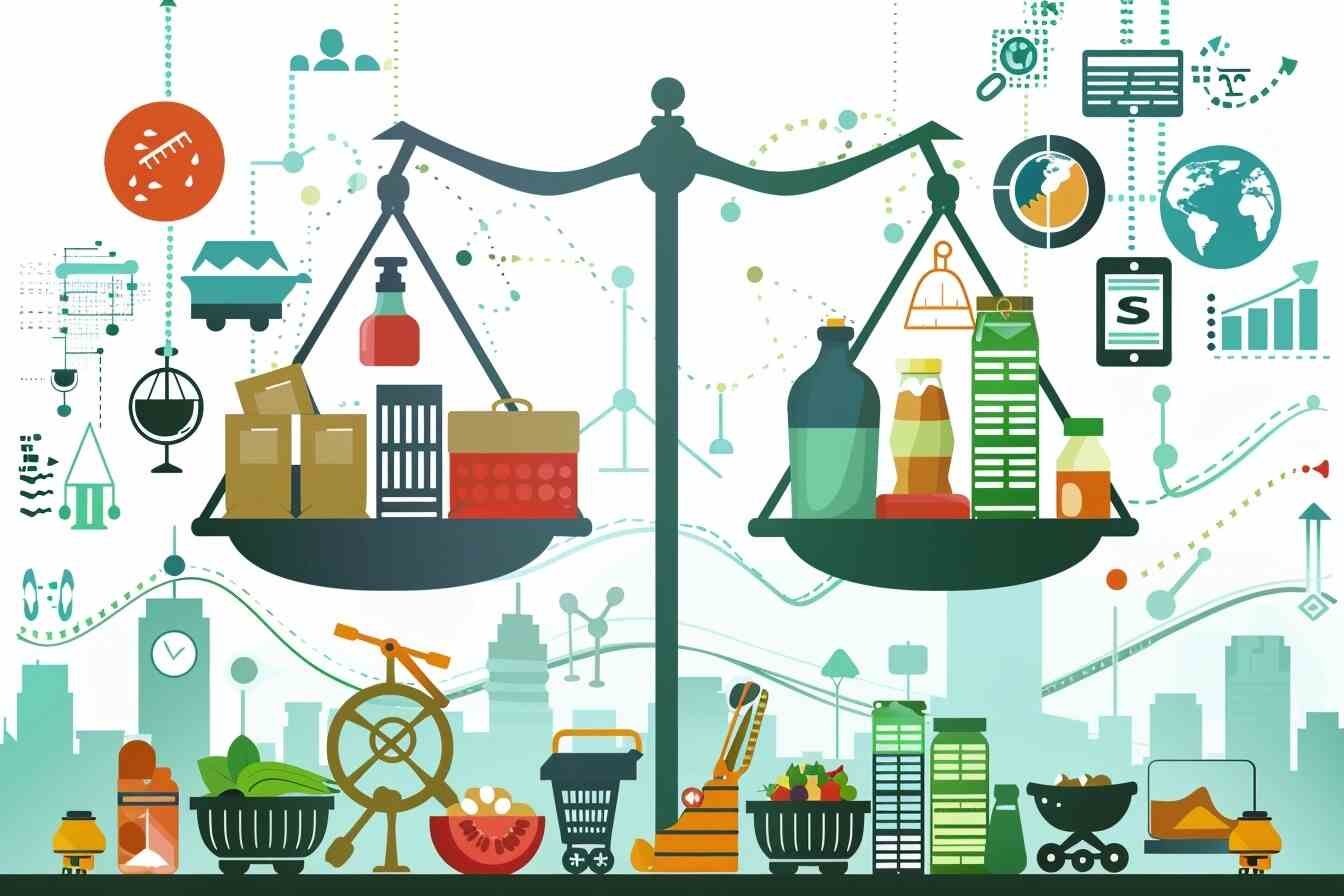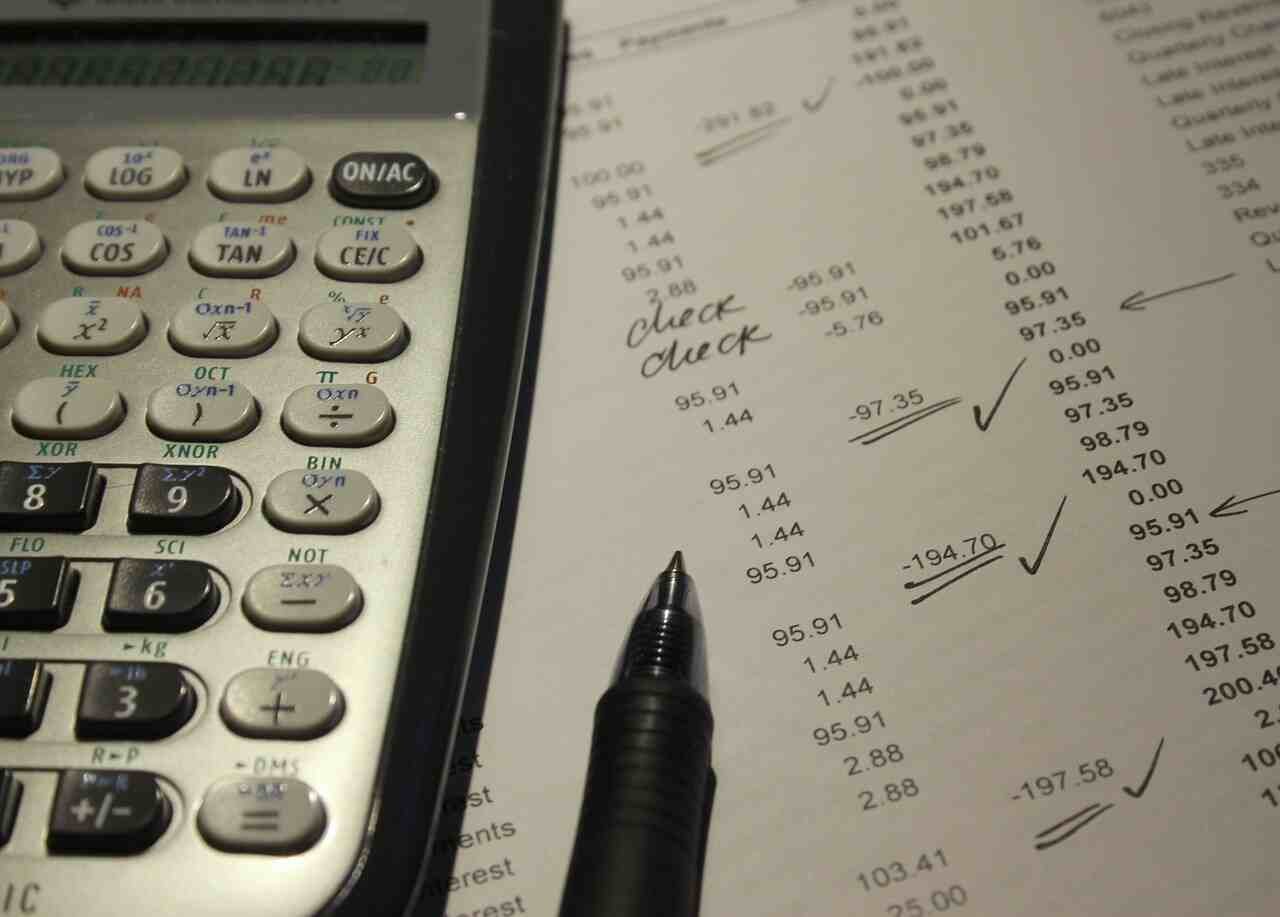Economic System or Model
An economic system or model is a mechanism or social institution that organizes production , distribution and consumption for the benefit of a particular society. The idea of an economic system carries with it the articulated connotation of parts (principles, rules, procedures, institutions) functionally harmonized for the consequence of certain collective ends. During this articulation of parts each society tries to solve the fundamental economic problem which is the satisfaction of basic needs.
Three classes of economic models/systems are distinguished:
- Economic liberalism: Based on the premise that the economy can self-regulate itself in a satisfactory way, and points out that the intervention of the State in it is minimal.
- The planned economy: On the contrary, it is the State that controls all aspects of economic life. It does not allow the existence of private property .
- The mixed economy: it is somewhere in the middle between liberalism and the directed economy.
Types of Economic System
Economic systems have a system-rational structure or a system-specific order. This depends on the principles of economic order, the mechanisms and regulations, which are linked to form an overall economic control and coordination system and thus align the economic subjects in satisfying their needs and reducing the scarcity of goods. Those elements of control and coordination that bring about economic activity as a result of their interaction are objects of knowledge in economic systems theory.
Major types
Capitalism: characterized by private ownership of the means of production and freedom of competition
Socialism: it aims, contrary to the liberal model, to reform the system of private ownership of the means of production and exchange and to their appropriation (obtaining) by the community through the collectivization of the means of production and change of the distribution of the wealth.
Communism: system of social organization in which all property is owned by the community (government or a person) and each person contributes and receives according to their ability and needs; by the suppression of social classes and the extinction of the State which becomes the administration of things.
By ideology
Associative: cooperatives, mutuals, associations, or foundations, whose internal functioning and activities are based on a principle of solidarity and social utility.
Capitalist (Corporate, Democratic, Laissez-aire, Mercantilist, Neoliberal, Neomercantilist, Protectionist, Social market, State, Welfare)
Democratic
Fascist
Feminist
Georgist
Green
Religious (Buddhist economics, Christian, Sabbath economics, Islamic)
Socialist
Anarchist
Communalist
Communist
Market socialist
Mutualist
Participatory
Socialist market
Socialist-oriented market
State
Syndicalist
Social credit
Distributist
Traditionalist Corporatist
Feudalism
By coordination
Closed (autarky)
Decentralized
Digital
Dirigist
Dual
Gift
Informal
Market
Mixed
Natural
Open
Planned
Robinson Crusoe
Subsistence
Underground
Vertical archipelago
Virtual
By regional model
Asian (East Asian, Chinese, Singaporean)
European (Anglo-Saxon, German, Nordic, Dutch, Rhenish, Soviet)
Latin America (Socialism of the 21st century)
Sectors
Common ownership
Private
Public
Voluntary
By Property types
Collective ownership
Commons (Common ownership)
Private property
State ownership
Social ownership
By Transition
Collectivization
Communization
Corporatization
Demutualization
Deregulation
Expropriation
Financialization
Liberalization
Marketization
Municipalization
Mutualization
Nationalization
Privatization
Socialization (Marxist)
By Coordination
Barter
Market (Free, Open, Regulated)
Planning (In kind, Cybernetics, Indicative, Material balancing)
Price
Self-managed
Peer-to-peer
Sharing
Open access
Other types
Commons-based peer production
Expeditionary
Hunter-gatherer
Inclusive Democracy
Information
Manorialism
Newly industrialized
Palace
Plantation
Plutonomy
Post-capitalist
Post-industrial
Post-scarcity
Resource-based
Token
Traditional
Transition
World
Political Elites | Who are they? | The elites or the power elite?
Sources: PinterPandai, Corporate Finance Institute, Intelligent Economist, Britannica
Photo credit: geralt via Pixabay



